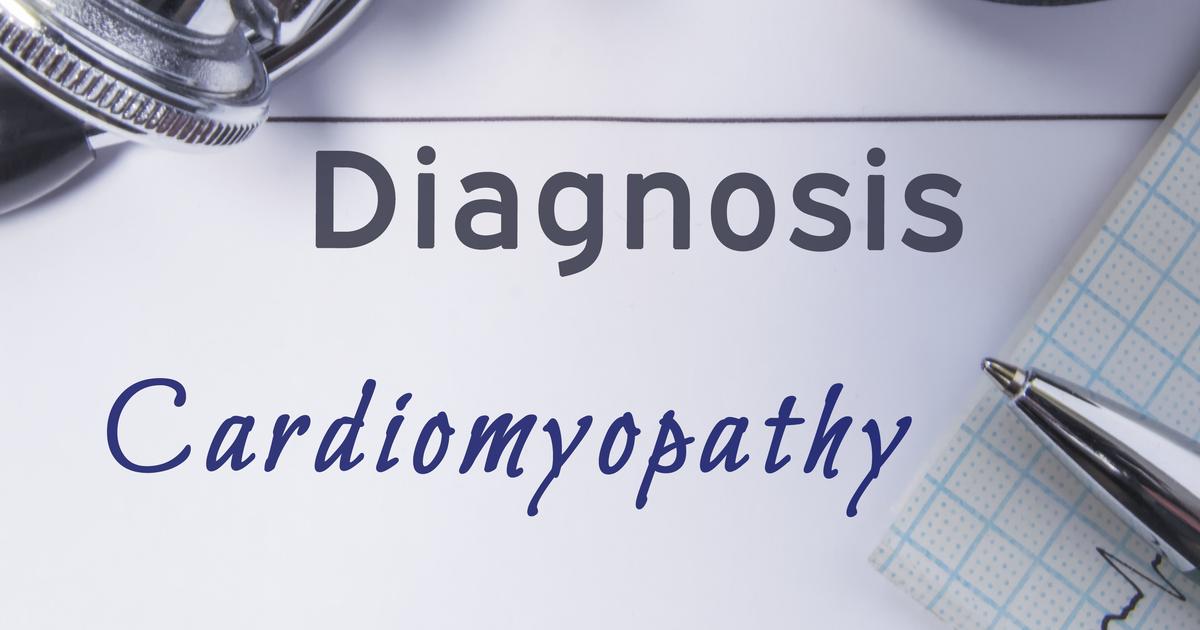Risk Factors For Cardiovascular Syncope
Cardiovascular syncope describes an abrupt, short loss of consciousness caused by a heart rhythm disorder. This condition occurs when the electrical signals that trigger heart contractions are interrupted by some mechanism. This malfunction causes the heart to have a short circuit where it beats too fast or a heart block where it beats too slow. Due to this malfunction, the blood pressure drops too low and does not allow a sufficient amount of blood to reach the brain. This poor blood flow to the brain causes the individual to faint. This type of fainting is transient, or recovery is quick after fainting. The reason is that normal blood pressure and heart rhythm return upon falling to the ground because blood can flow back to the brain. Cardiovascular syncope not only indicates a serious heart condition, but it can cause serious injury.
Individuals with certain risk factors have an increased risk of cardiovascular syncope. Reveal these risks now.
Cardiomyopathy

Cardiomyopathy patients are at an increased risk of having cardiovascular syncope. Cardiomyopathy is a disease that occurs in an individual's heart muscle that makes it difficult for the organ to pump blood around the body effectively. Dilated cardiomyopathy is when a patient's left ventricle stretches and becomes dilated and too weak to pump blood. Hypertrophic cardiomyopathy is when an individual's heart muscle becomes too thick, decreasing the volume of blood it can fill with and pump out. Restrictive cardiomyopathy occurs when the heart muscle loses elasticity and becomes too stiff, resulting in an inability to expand and fill with blood. Syncope has been seen due to dilated cardiomyopathy inducing an irregular heart rhythm called ventricular tachycardia. Between fifteen and twenty-five percent of all hypertrophic cardiomyopathy patients experience recurrent syncope, many of which are attributed to the induction of an arrhythmia called paroxysmal atrial fibrillation. Syncope in restrictive cardiomyopathy is less common, but it is attributed to a lack of adequate oxygen supply being pumped to the brain when blood backs up in the patient's upper chambers.
Read more about the risk factors linked to cardiovascular syncope now.